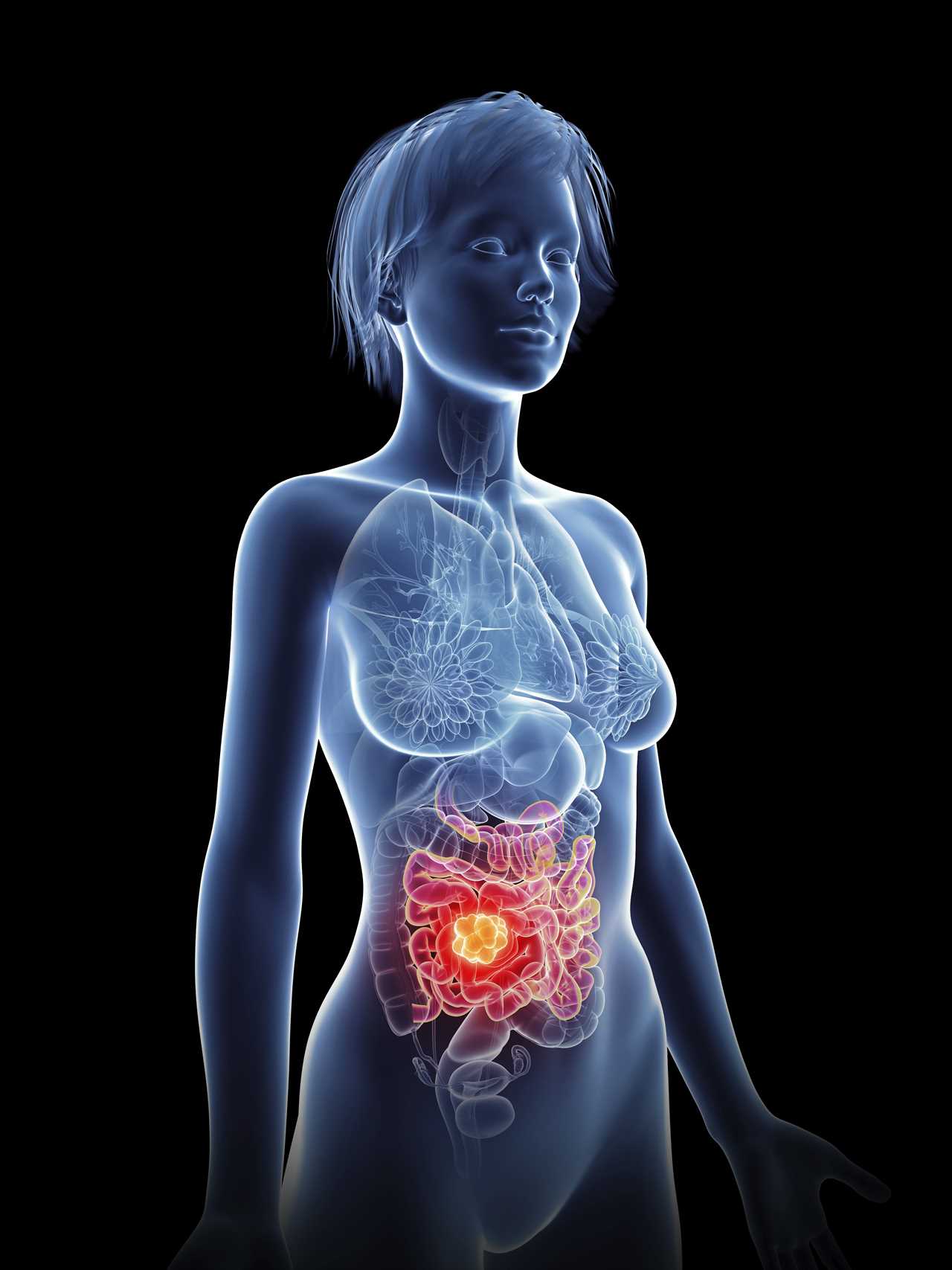
A vital vitamin is not only associated with reduced bowel cancer risk but also with improved outcomes for those affected. As researchers reveal this significant connection, Britons can access this essential nutrient freely in the upcoming months. Optimal vitamin D levels play a key role in protecting against bowel cancer, offering anti-cancer benefits by addressing inflammation that can lead to cancerous changes. Moreover, this vitamin is integral for overall health, impacting bone health, immune function, muscle health, and potentially other aspects like mood and cardiovascular well-being.
The wider context: Unpacking the Link Between Vitamin D and Bowel Cancer
A recent study in the journal Nutrients underscores the critical role of vitamin D in lowering the risk of bowel cancer, particularly as this cancer type is on the rise among younger adults. Analysis of various studies reveals a stark 25% decrease in bowel cancer risk for those with the highest dietary intake of vitamin D. The findings from the Nurses' Health Study in the US further affirm this correlation, demonstrating a substantial 58% lower risk for women with elevated vitamin D intake. These results underscore the importance of maintaining optimal vitamin D levels to prevent bowel cancer and enhance patient prognosis.
Power Dynamics in Health: Addressing Vitamin D Deficiency
The study also sheds light on the vulnerability many individuals face regarding vitamin D deficiency, especially prevalent in urban populations with limited sunlight exposure. A staggering 40% of Europeans are deemed vitamin D deficient, with 13% classified as severely deficient. This issue is further exacerbated during winter, with a significant portion of the UK population experiencing low vitamin D levels, necessitating supplementation to bridge this nutritional gap, particularly in high-risk groups.
Policy and Public Health: Recommendations for Vitamin D Supplementation
Guidelines from the Department of Health and Social Care advocate for vitamin D supplementation during autumn and winter months, extending to year-round use for specific groups such as those with limited outdoor exposure or dark skin. Infants, children, and adults are advised on the appropriate dosage based on age and individual circumstances. It is crucial to heed these recommendations to avoid potential adverse effects associated with excessive vitamin D intake, emphasising the importance of balanced supplementation for overall health and well-being.

As Britons navigate the changing seasons, understanding the vital role of vitamin D in combating bowel cancer and supporting overall health remains paramount. By prioritising adequate vitamin D intake and promoting sunlight exposure alongside responsible supplementation, individuals can fortify their health and well-being in the face of prevalent health challenges.
Did you miss our previous article...
https://trendinginthenews.com/cancer/the-nhs-uncovers-18-vital-cancer-symptoms-a-call-for-heightened-awareness






